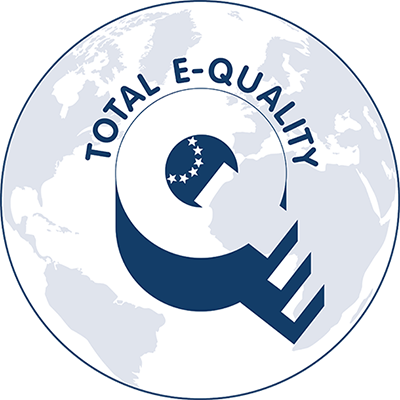Why researchers should check their institution’s affiliation policy before publishing their work
Research institutions usually provide guidance on how authors should record their affiliation in scholarly publications. This is typically presented as part of the institution’s publishing guidelines, though it may also appear in a separate affiliation policy. The aim is to ensure that authors present the name and other details of their affiliated institution in a consistent, standardised way whenever they publish the results of research conducted at that institution. This has a number of benefits:
- publications are clearly assigned to a specific institution;
- the institution appears in bibliographic databases in a consistent, standardised format. This makes it easier to search for all an institution’s publications in order to analyse its total output or measure other metrics;
- consistent use of this standardised format also increases the visibility of an institution’s publications;
- a uniform designation avoids the risk of typing errors.
What is typically included in affiliation and publishing policies?
An institution’s guidelines on affiliation are binding. They govern various points, including:
- which members of the institution the policy applies to;
- how the institution, faculty, institute/department etc. should be referred to in publications (German institutions normally provide versions in both German and English);
- how the institution, faculty, institute/department etc. should be listed and in what order;
- how to resolve situations where the author has multiple institutional affiliations (e.g. joint appointments or visiting researchers) and in which order the institutions should be listed;
- how to handle a change in affiliation since completing the work (i.e. if the researcher has moved to a different institution);
- which persistent identifiers have been assigned to the institution to make it easier to identify. These might include, for example, a ROR ID from the Research Organization Registry, a Ringgold ID, or the institution identifier issued by the German Research Foundation (DFG) through its GERiT German Research Institutions portal. These identifiers should ideally be used whenever a manuscript is submitted;
- other relevant points such as information on the grant number, correct identification of the various authors, how the institution should be referred to in social media, and how authors should deal with the German umlaut;
- who to contact if you have any questions.
Before submitting a manuscript, we recommend checking whether your institution has issued its own affiliation policy or included this information in its general publishing guidelines. You can then ensure that all the details are recorded correctly in your paper. This information is generally available from your institution’s library or research management team.
Unaffiliated authors
Individuals who are not affiliated with a research institution do not state any affiliation.
If an author publishes their results after leaving a research institution, they may still list this affiliation if the institution agrees and if the research on which the paper is based was carried out at that institution.
Authors affiliated with a company may state this in their manuscript if the company agrees. Once again, the important point is that the paper must be based on activities performed while working for the company.
Individuals who have no affiliation with an institution or a company typically identify themselves as an “independent researcher” or “independent scholar”.
Deliberately providing misleading information – for example falsely claiming affiliation with an institution to which the author has never been affiliated – may be regarded as research misconduct.
Should the author change their affiliation (i.e. move to a different institution) during the peer-review process, it is acceptable for them to change their email address to ensure they can still be contacted, though we recommend confirming this step with the publisher.
If you do change your affiliation, make sure to update your author profile (e.g. ORCID) with the details of your new institution to ensure you continue to be easily discoverable and contactable.
See also
The role of an academic author: key tips for researchers
DOI, ORCID and ROR: What makes persistent identifiers so useful?
Disclaimer
Important note: The information and links provided here do not represent any form of binding legal advice. They are solely intended to provide an initial basis to help get you on the right track. ZB MED – Information Centre for Life Sciences has carefully checked the information included in the list of FAQs. However, we are unable to accept any liability whatsoever for any errors it may contain. Unless indicated otherwise, any statements concerning individual statutory norms or regulations refer to German law (FAQ updated 08/2022).
Contact

Dr. Jasmin Schmitz
Phone: +49 (0)221 999 892 665
Send mail
Related links
Research Organization Registry
Ringgold Identifier
GERiT – German Research Institutions
Further information
Publikationsrichtlinie der Universität zu Köln of March 2021. Universitätsbibliothek Köln, Universität zu Köln. (accessed 20/12/2022) (German only)




